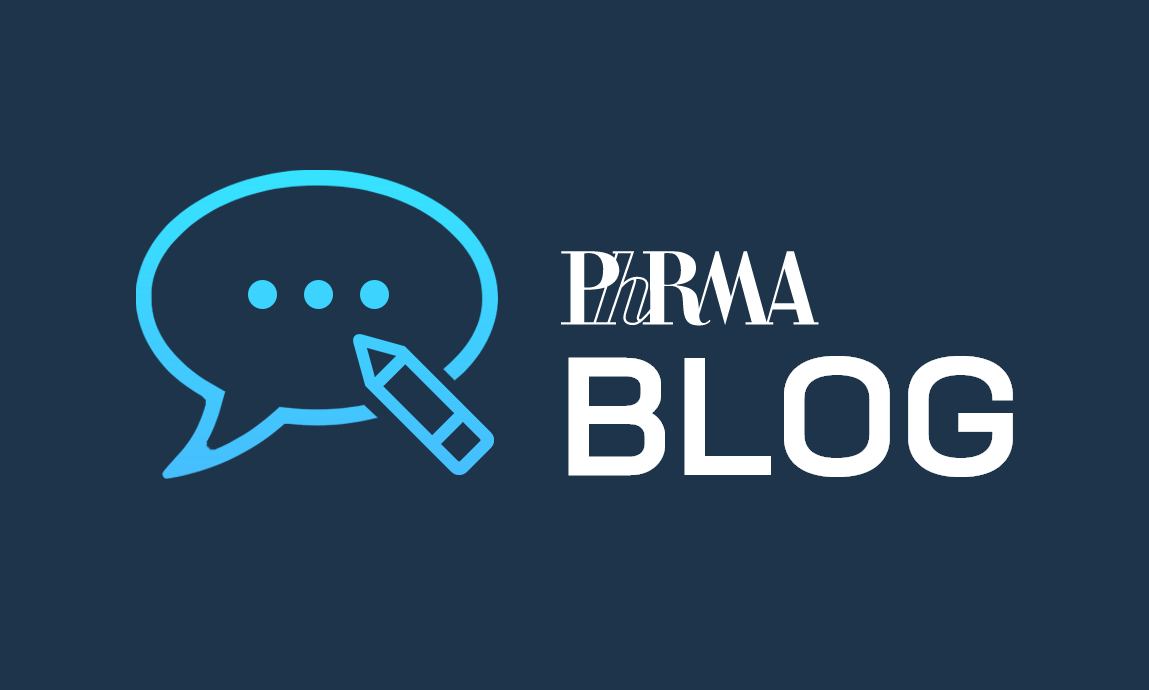Earlier this month, PhRMA submitted comments to CMS regarding the Part D Payment Modernization Model Request for Applications (RFA) for calendar year 2022. This RFA was released on January 19, 2021 – the last full day of the Trump Administration. Since the inception of the Medicare Part D program, PhRMA has supported the Part D policy of protecting certain drug categories or classes in which patients require access to a broad range of treatments without unreasonable delay. The protected class policy offers valuable protections for vulnerable patients and PhRMA strenuously opposes any weakening of the formulary protections for Part D beneficiaries.
In the comments, PhRMA continues to urge CMS to withdraw the formulary changes to the Model that were announced for CY 2022. Below are four key additional excerpts from the comments to highlight why the Administration should withdraw the modifications to the Model.
- The six protected classes remain a critical component to ensuring Medicare beneficiaries have adequate access to essential medicines. “For more than 15 years, the six protected classes policy has provided access to crucial medicines for complex and vulnerable Medicare beneficiary needs. The life-saving medicines in the six protected classes treat patients with serious health conditions such as HIV, epilepsy, organ transplant, cancer and mental health conditions. Therapies for the protected class conditions often have complex interactions, contraindications, side effects and other factors that must be addressed for each individual patient in order to determine the most appropriate course of treatment. Access to the full range of effective medications in the six protected classes is critical to ensuring successful treatment for these conditions.”
- Policies that would reduce Medicare beneficiary access to medications during the COVID-19 pandemic are particularly ill-timed. “Medicare beneficiaries are already under tremendous stress and suffering from health care access challenges as a result of the COVID-19 pandemic. The pandemic has caused disruptions in all parts of the health care system, including restricting access to physicians for routine medical care. There could be no worse time to institute significant new policy changes that will have negative effects on access to medicines for vulnerable Medicare beneficiaries than during the current COVID-19 public health emergency.”
- Part D plans already have and apply tools to effectively control costs. “The current protected classes policy strikes the right balance for both protecting Medicare beneficiaries and controlling costs. The six protected classes protections provide vulnerable Medicare beneficiaries with serious and complex health conditions access to the medicines they need, while also providing plans with tools to manage costs. Restricting access to medications in the six protected classes could have the unintended consequence of increasing Medicare costs. When patients are unable to receive the medication best suited to their individual needs, their symptoms may worsen, they may experience adverse interactions, and they may experience an impaired quality of life. In the worst-case scenario, patients may require hospitalization.”
- The changes to the protected classes will have a negative impact on Medicare beneficiaries. “The PDM Model’s changes to the six protected classes policy would jeopardize access to needed medicines for vulnerable Medicare beneficiaries. Beneficiaries who are taking medicines within the six protected classes are among the sickest, with serious and complex health conditions. These often frail or disabled beneficiaries or those with multiple chronic conditions or require a high level of adherence to manage a serious condition. These patients continue to need access to vital medicines protected. Changes to formularies under the PDM Model will be extremely disruptive for vulnerable Medicare beneficiaries, as it could cause a disruption in care and treatment for those who are currently stable on therapy.”
Bottom line: The PDM Model would modify existing policy in ways that could put American patients’ health at risk; would allow Part D plans to design formularies that discourage enrollment of beneficiaries with certain health conditions; and could reduce access to vital and necessary therapies for those enrolled. All while achieving little – if any – savings for beneficiaries or Medicare. PhRMA continues to urge CMS to withdraw the formulary changes to the Model that were announced for CY2022, which will severely restrict patient access to medicines in Part D.
PhRMA’s full comments are available here. Learn more about the six protected classes policy here.



